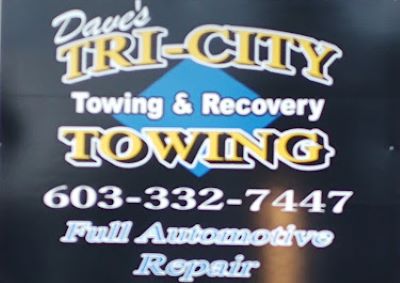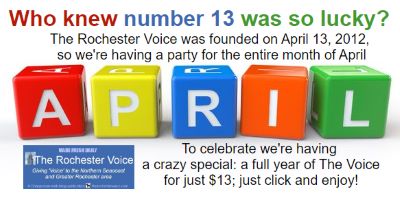
CONCORD - Attorney General Gordon J. MacDonald announced today that New Hampshire is joining the FTC and charity regulators from every state in disclosing more than 100 enforcement actions against charities, fundraisers and individuals nationally in connection with fraudulent veterans organizations.
The initiative against bogus veterans benefit group will coincide with a sweeping new donor education campaign called "Operation Donate with Honor."
This effort is intended to crackdown against fraudulent charities that con consumers by falsely promising their donations will help veterans and service members. Attorney General MacDonald stated, "New Hampshire citizens generously contribute to charities promising to deliver needed help to veterans and service members. The desire to give is understandable: grateful citizens recognize the enormous sacrifices made by those who serve in our armed services. The great majority of these charities live up to those promises. But, bad actors attract donations by lying about support not actually delivered," a press release penned by MacDonald today said.
He added that this kind of conduct harms not only well-meaning donors, but also the many legitimate charities engaged in vital work on behalf of veterans and service members.
Enforcement Actions
The Attorney General's Office is committed to battling against fraudulent schemes involving veterans charities. The 100 actions announced today include the following:
- The Office obtained an order in 2016 to place Hanover's Project VetCare into receivership after reports that the executive director was using donations made for veterans to pay for her home repairs and for a Caribbean cruise trip. Much of the money has been recovered and its assets distributed to well-respected local veterans' charities. Next month, the former executive director will enter a plea on felony charges of theft in Grafton Superior Court.
- The Office joined 23 other states in 2017 to shut down VietNow, a national organization that made deceptive telemarketing calls nationwide to solicit 2 contributions from the public. VietNow is being dissolved and its assets distributed to well-respected veterans charities.
The law enforcement actions announced today by the FTC and states showcase the many different ways that consumers are approached to donate. Charities and fundraisers sought donations online and via telemarketing, direct mail, door-to-door contacts, and at retail stores. The common theme was the false promise to help veterans, including false promises to help homeless and disabled veterans, to provide veterans with employment counseling, mental health counseling or other assistance, and to send care packages to deployed service members. Some actions charged veterans charities with using deceptive prize promotion solicitations.
Others targeted non-charities that falsely claimed that donations would be tax deductible. Some cases focused on veterans charities engaged in flagrant self-dealing to benefit individuals running the charity, and some alleged that fundraisers made misrepresentations on behalf of veterans charities or stole money solicited for a veterans charity.
Education Campaign
Operation Donate with Honor was developed by the FTC and the National Association of State Charity Officials (NASCO), the association of state offices charged with oversight of charitable organizations and charitable solicitations in the United States. The initiative pairs enforcement actions with an education campaign to help consumers recognize charitable solicitation fraud and identify legitimate charities.
The national education campaign is intended to help potential donors, regardless of where or how they choose to donate, learn how to spot fraudulent and deceptive solicitations, and make sure their contributions actually benefit veterans and service members. Attorney General MacDonald encourages potential donors, regardless of where or how they choose to donate, to learn how to spot fraudulent and deceptive solicitations, and make sure their contributions actually benefit veterans and service members.
Here are some tips:
- Don't rely on a sympathetic sounding charity name to make a donation;
- Ask for the charity's name, website, and physical location; • Ask how much of any donation will go to the charitable program you want to support;
- Check whether the charity is registered in New Hampshire: www.doj.nh.gov/charitable-trusts; • Search the charity's name on the web with the word "scam" or "complaint." See what other people say about it;
- Check out the charity's ratings at the Wise Giving Alliance or Charity Navigator;
- Never pay with cash, a gift card, or money wire;
- Consider paying by credit card on a secure website, which is the safest option for security and tax purposes; and 3
- Before giving to a charity, read materials about giving on the Charitable Trusts Unit's web pages www.doj.nh.gov/charitable-trusts
To get further information or to report a potential charity scam, contact the Charitable Trusts Unit, charitabletrusts2@doj.nh.gov or 603-271-3591. You may also contact the FTC at www.ftc.gov/charity or 877-382-4357.













